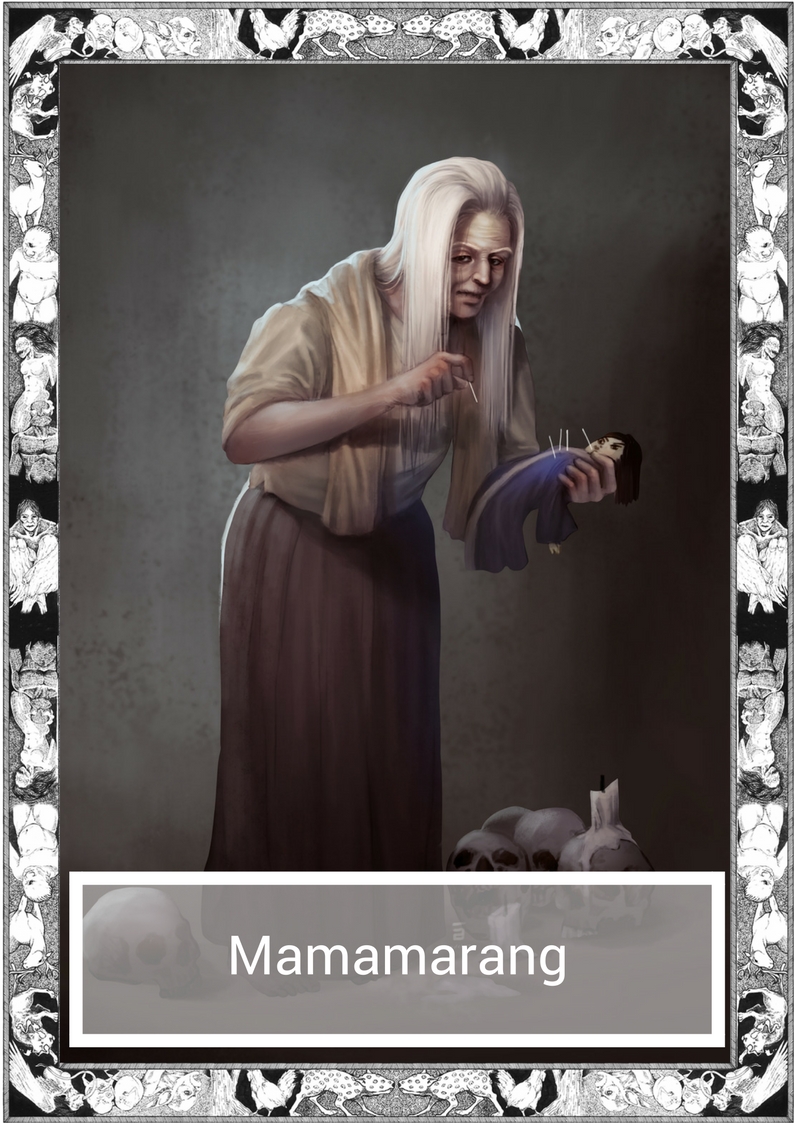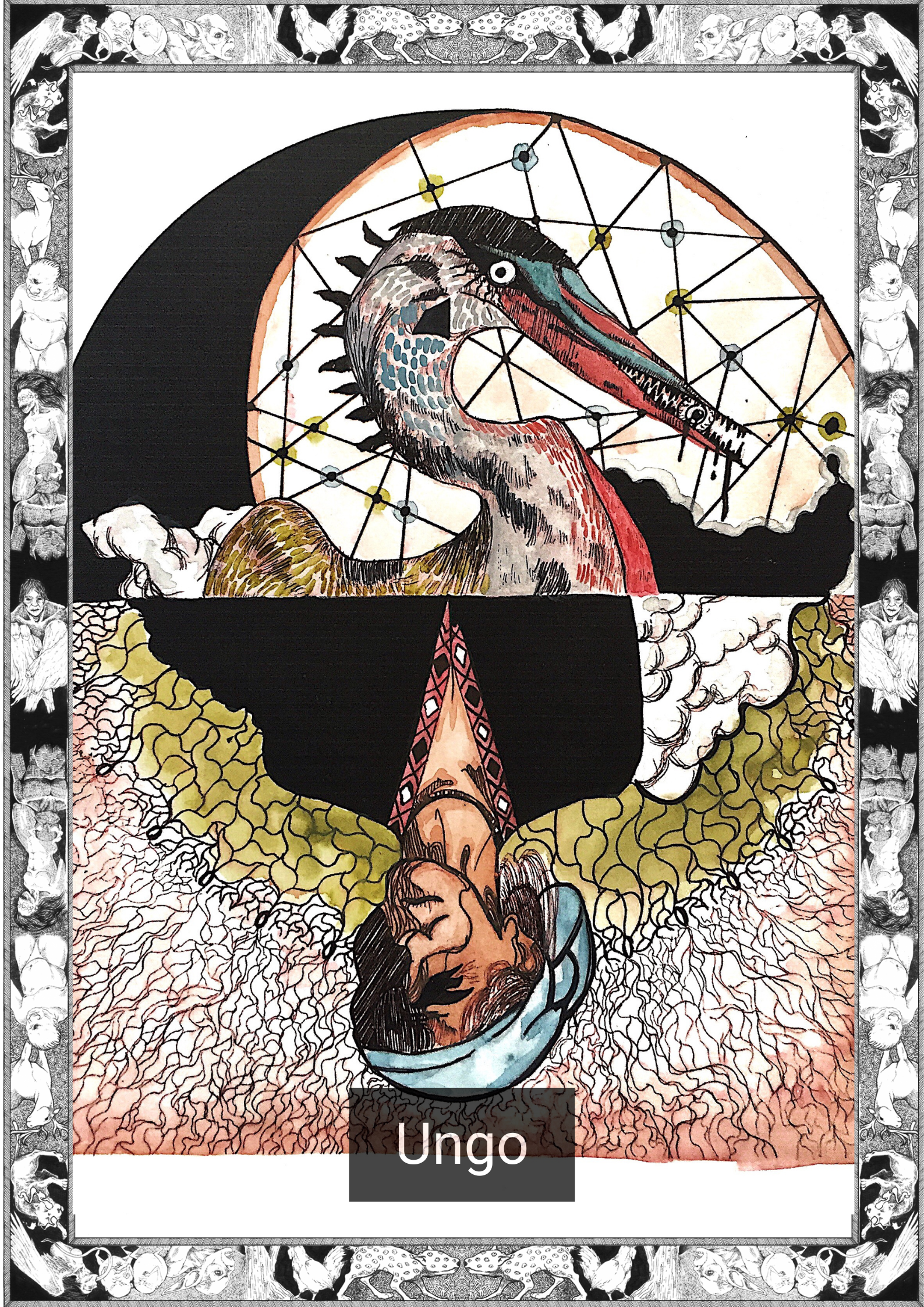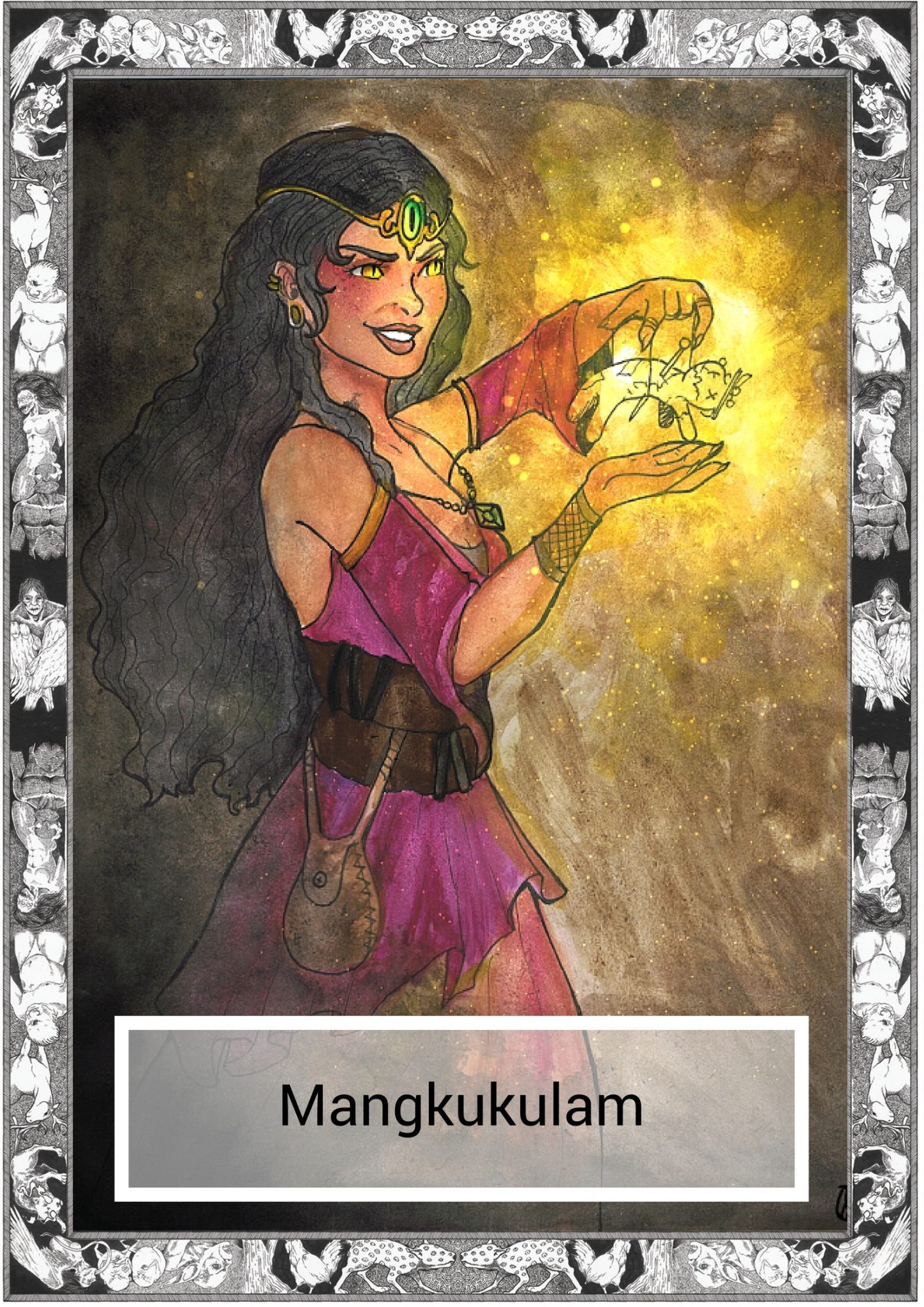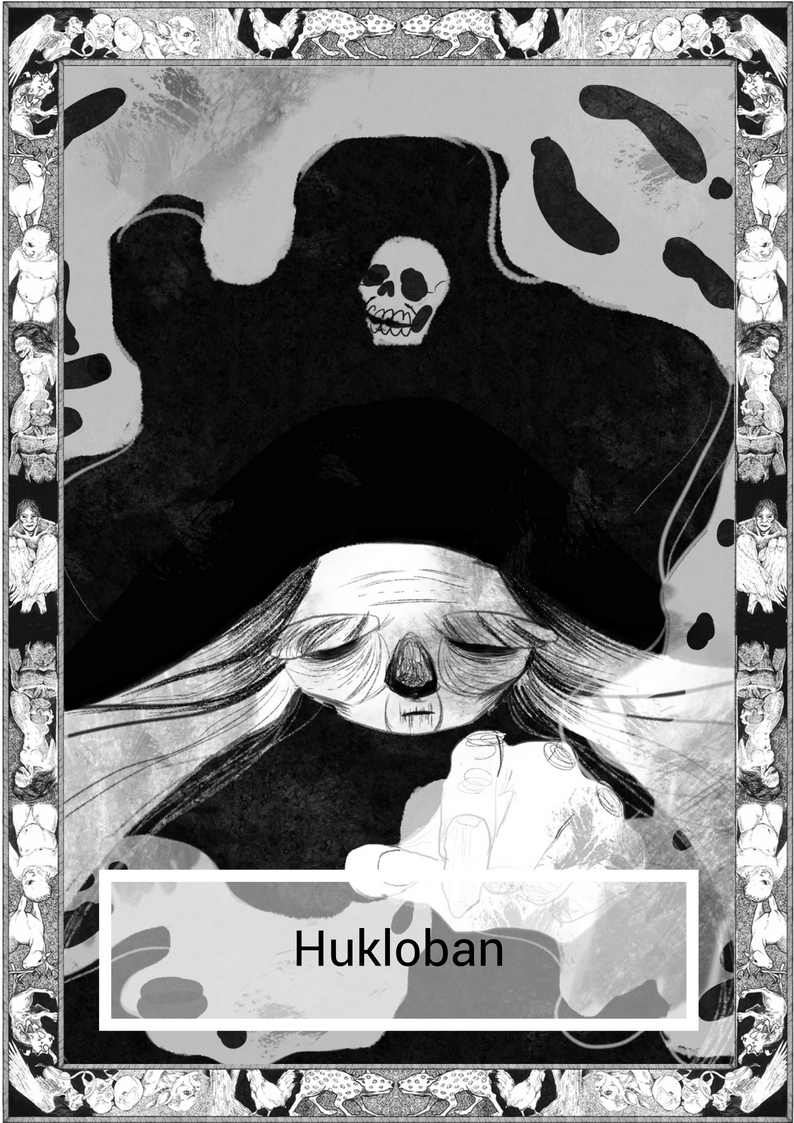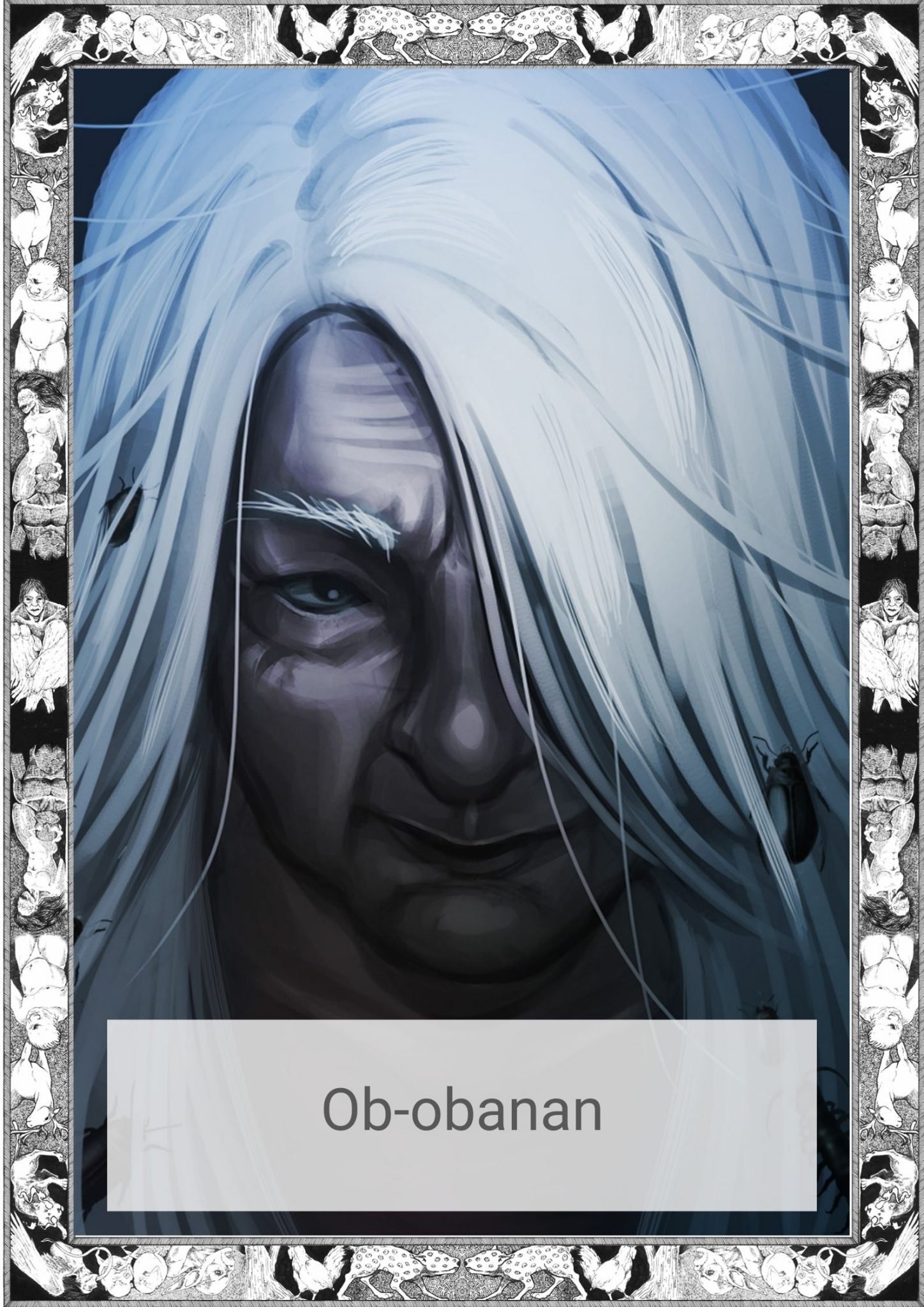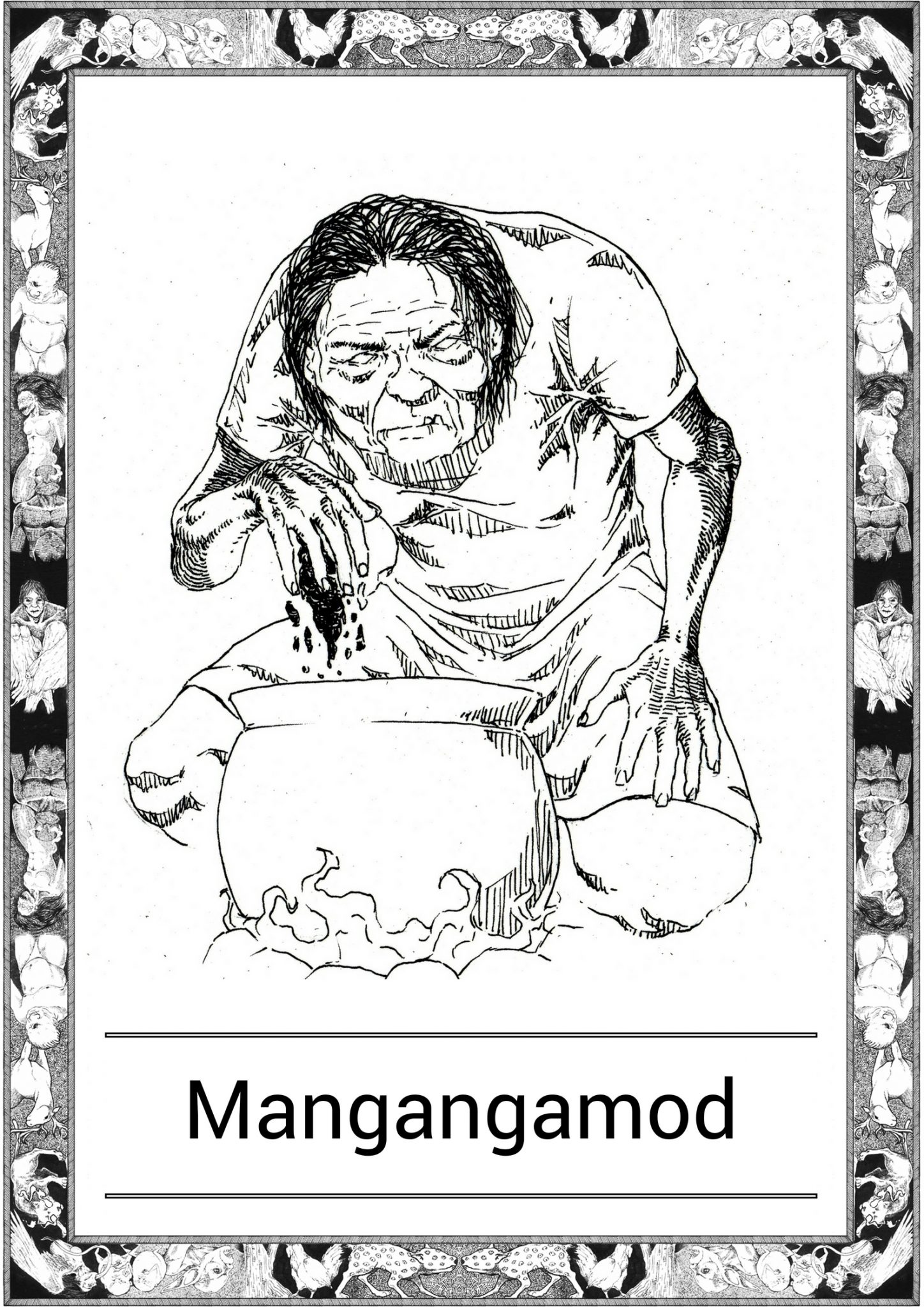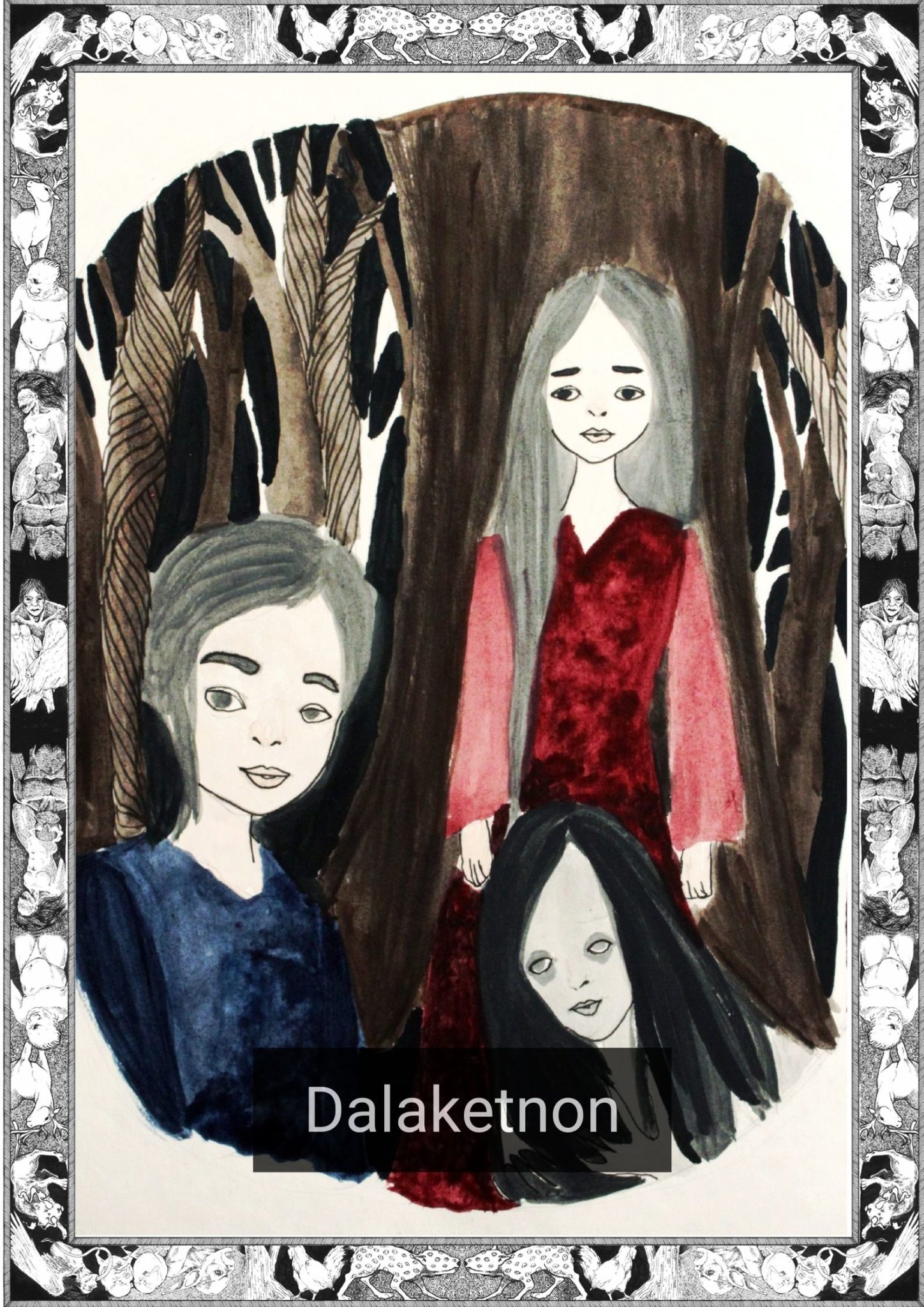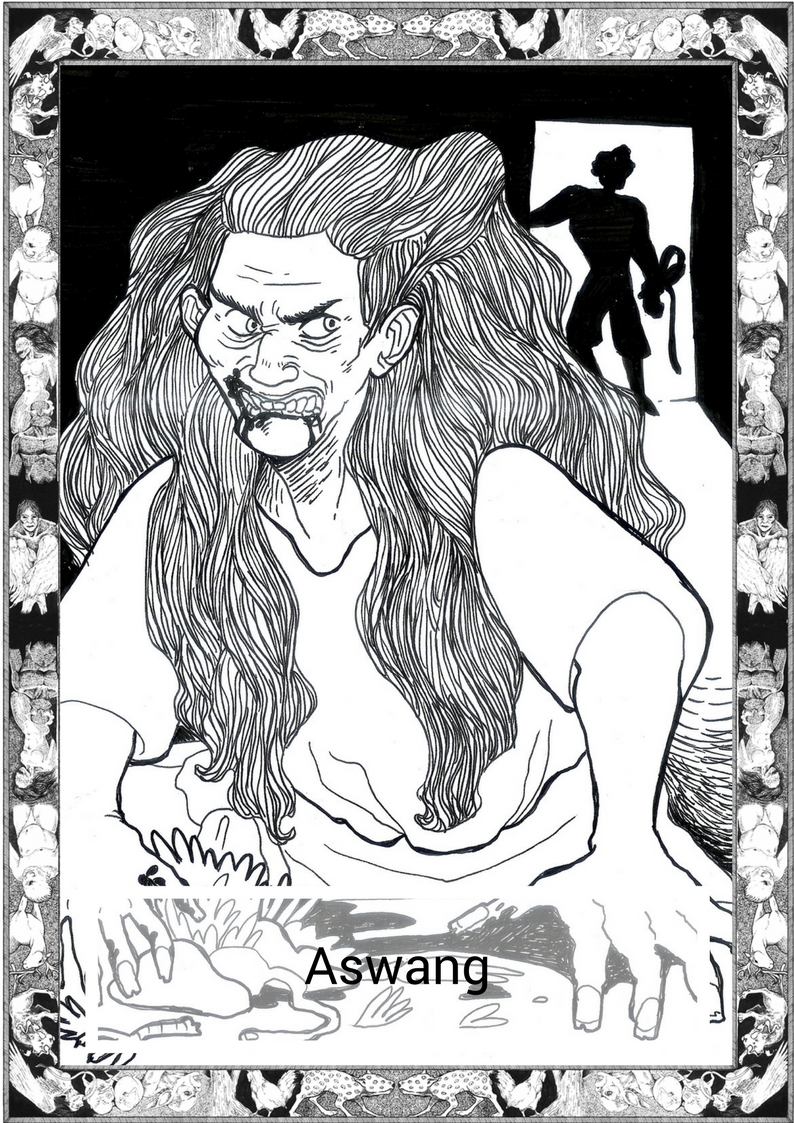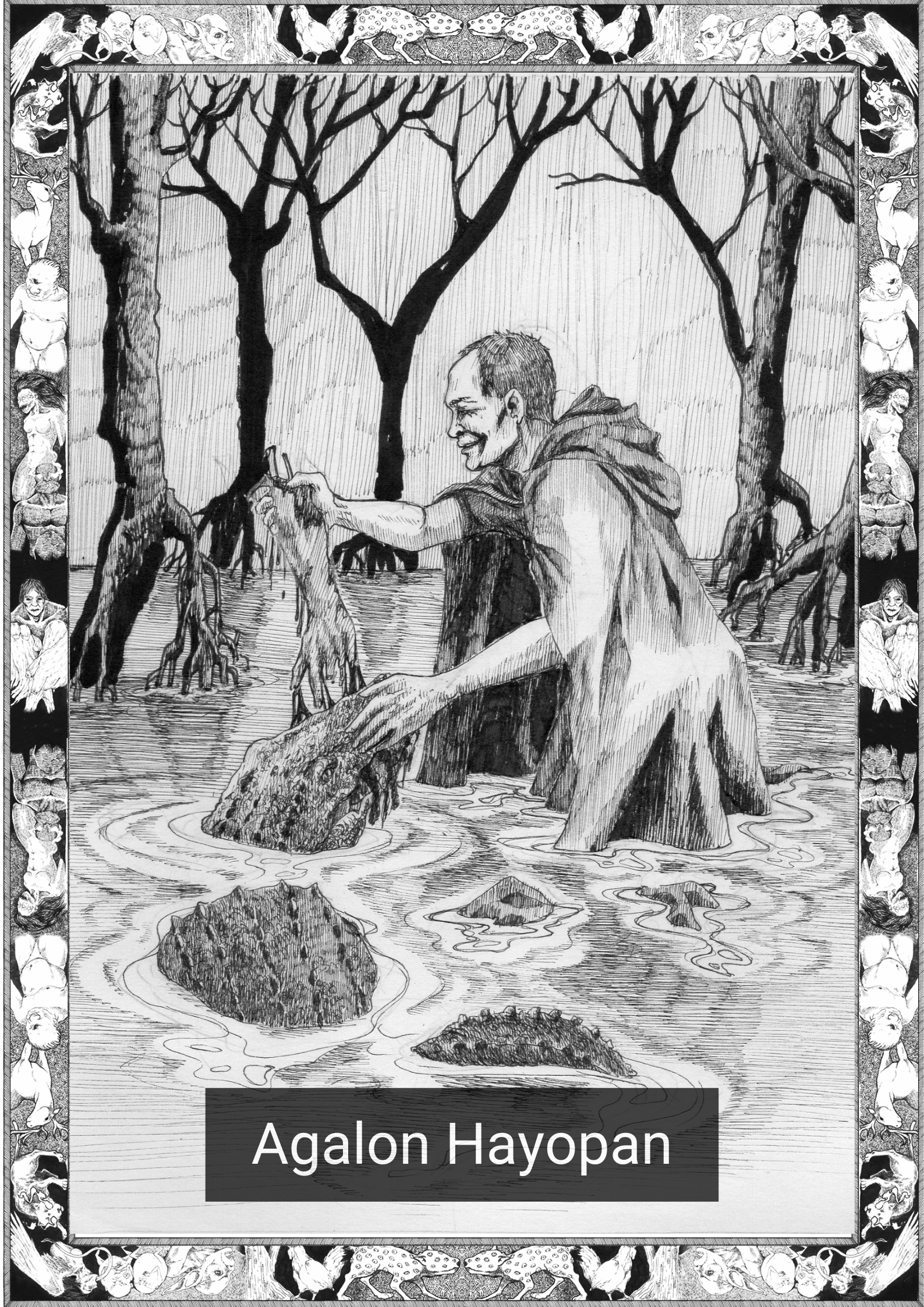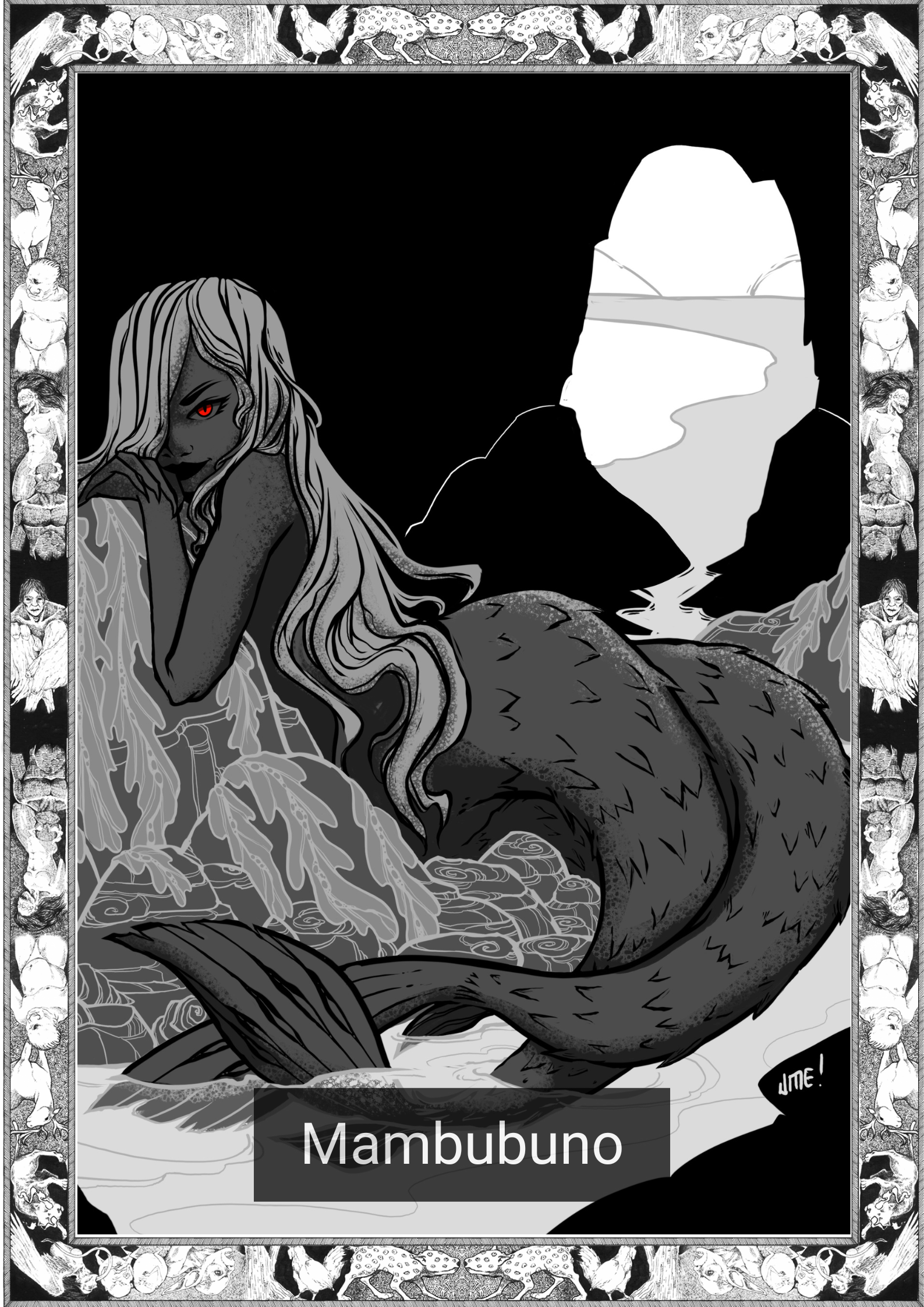
The halls echo with screams of unknown pain. Those poor people, I wish I could give them some solace, but today there is a special case that needs my focus.
The Bible feels heavy in my hand. I haven’t practiced that faith in a very long time, but I remind myself it’s not about faith. My hand starts to shake as I brush off the demons of my past. I was that person for too long, now I have control. Now I have power.
A metal door greets me, as does a nurse. He tells me that the patient is inside and ready for my evaluation. He starts to walk away, and I ask him if the patient is dangerous. The nurse shrugs and comments that you can’t trust the loons in this place, but this particular patient didn’t have any history of violent outbursts.
“He’s a very quiet person ma’am, I don’t think he could hurt anyone,” the nurse sees the Bible I’m carrying, “at least you came prepared, the last doctor didn’t know how to deal with that one. Call me when you’re finished, I’ll be checking up on the other patients.”
A loud bang interrupts our conversation. I feel the air as the nurse rushes past me, leaving a trail of trepidation and concern in his wake. This whole place is like an orphaned child, cast away and ignored by the rest of society. The nurses are overworked and understaffed, the patients festering in their own filth.
I shake off the feeling of disgust. I need to keep my head clear, this patient may not be violent, but he will be difficult.
I had first heard of Emilio Eugenio from his last psychiatrist.
She couldn’t handle his idiosyncrasies and was looking for someone to pass him off to. His case was of particular interest to me as I had done my thesis on communication disorders. This was the first known case of what I had termed ‘Context Specific Callback Disorder’, though I may change the name if I think of something that will jump off the page.
I will finally get the recognition I deserve, all thanks to this patient.
————————–
“Hello, Emilio my name is Katrina. It’s nice to meet you.”
The greeting is met with a curt reply.
“All the brothers and sisters here send you greetings. Greet one another with a holy kiss.”
The doctor searches the holy book frantically. She is momentarily shocked, but years of training take over. She will not allow her patient to see her flustered. Her fingers land upon the passage, 1 Corinthians 16:20. She quickly scans the surrounding passages, the final greetings of Paul.
She collects herself and replies, “Greet one another with a loving kiss. Peace to all of you who are in Christ.”
It was short verse, one that had its intended effect of lowering the patient’s defenses. Emilio was taken aback by someone who spoke the way he did.
“I know it will be hard for us to communicate, Emilio, but I am not your enemy,” the doctor puts the Bible between them, “I just want to help you get better. Will you let me do that?”
“Yet do not regard him as an enemy, but admonish him as a brother.”
The doctor’s fingers fly again. The passage 2 Thessalonians: 15 is part of a larger warning against idleness. She was not sure who Emilio was relaying the message to, Emilio or herself.
She places Emilio’s file beside the holy book. It still boggled her mind that a whole life could be summarized in twelve pages. In between the treatments and the trauma was the story of unimaginable hardship.
“As you know, we count as blessed those who have persevered. You have heard of Job’s perseverance and have seen what the Lord finally brought about. The Lord is full of compassion and mercy,” Emilio stared placidly at the doctor.
“You have persevered through a lot haven’t you?” The doctor thinks to herself. She takes the book in her hands and settles on a verse from Lamentations.
“But though he causes grief, yet will he have compassion according to the multitude of his mercies.”
The doctor reaches into the file and brings out a picture, a showing of simpler times.
“And you, fathers, do not provoke your children to wrath, but bring them up in training and admonition of the lord.” Emilio’s arm extended towards the small boy in the picture, tears were falling down his cheeks.
“Can you tell me what happened to them?”
“But when the archangel Michael, contending with the devil, was disputing about the body of Moses, he did not presume to pronounce a blasphemous judgment, but said, ‘the Lord rebuke you.’”
She took those words, and the meaning was clear. In the early days of his treatment, the imagery of the devil and his forces played a great part in his psychosis. She needed to know what kind of evil he was fighting against. She thought she would try another tactic.
“But I say to you, do not resist the one who is evil. But if anyone slaps you on the right cheek, turn to him the other also.”
Emilio slammed his fist against the table, his face wrenched with emotion, “Finally! Be strong in the Lord and in the strength on his might. Put on the whole armor of God that you may be able to stand against the schemes of the devil. For we do not wrestle against flesh and blood but against the cosmic powers over this present darkness, against the spiritual forces of evil in the heavenly places.”
Before she could react, Emilio continued, “But Jesus said, ‘Let the little children come to me and do not hinder them, for such belongs the kingdom of heaven.’”
Their breaths filled the empty room. The doctor had opened old wounds, and there was no turning back from this point. She had to continue.
“Can you tell me about the woman in this picture?”
“And the great dragon was thrown down, that ancient serpent, who is called the devil and Satan, the deceiver of the whole world – he was thrown down to the earth, and his angels were thrown down with him.”
“What did she do?”
“The Lord saw that the wickedness of man was great in the earth, and that every intention of the thoughts of his heart was only evil continually.”
“What was that wickedness?”
Emilio did not respond, his eyes were focused on the small boy in the picture.
The doctor reminds herself that this is only a man. The shattered remnants of his mind danced in his words, finding solace in the one thing that he held dear all his life.
“What happened to her?” The doctor already knew the answer, but she wanted to hear it from her patient.
“Suffer not a witch to live.”
The kind of magic that the Siquijor Mamamarang practice is called ‘haplit’. They use a wooden doll that represents the victim and when pins are inserted, intense pain is induced.
The making of the doll is a grisly process. It is carved during the seven Fridays of Lent. When it is finished the doll is taken to a church where a child is being baptized and the doll goes through the baptismal rites as well (this is done by someone other than the Mamamarang). The doll is given a similar/ the same name as the child. It is only if the child dies that the doll can be used for haplit. It is believed that the dead child’s spirit has possessed the doll and it is now the Mamamarang’s servant.
Source: The Folk Healers-sorcerers of Siquijor
By Rolando V. Mascuñana, Evelyn Fuentes (2004)
Written by Karl Gaverza
Copyright © Karl Gaverza
Mamamarang illustration by Annadel Cinco
FB: Adelair
